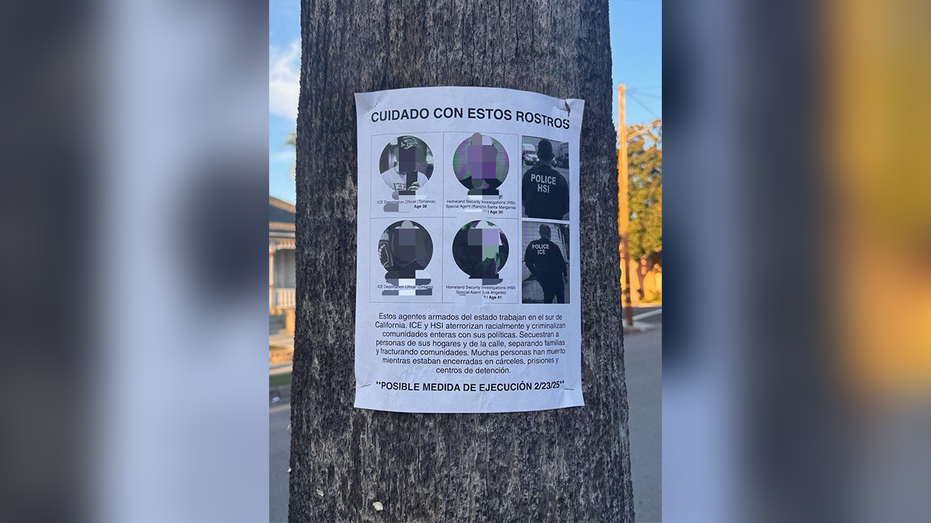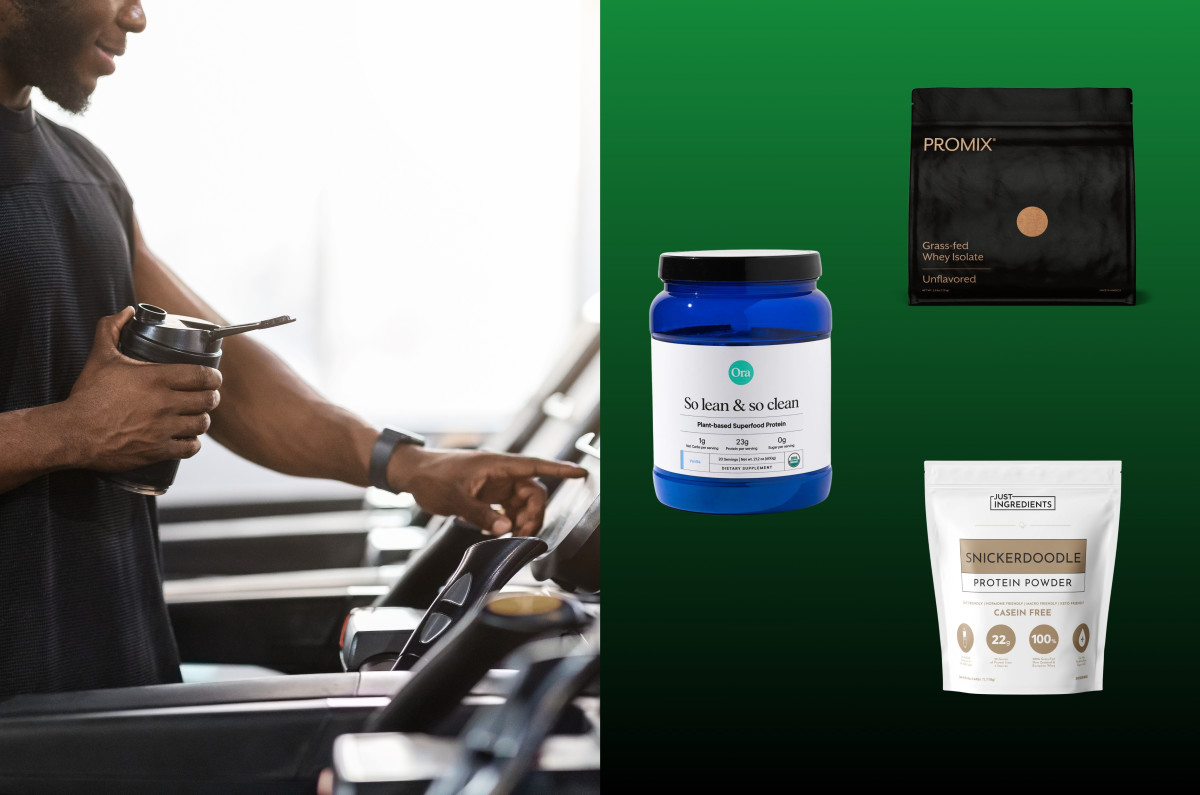The Memo: Trump Cabinet, facing sinking polls, lashes out at media
President Trump’s Cabinet members sharpened their attacks on the media Wednesday, as the administration grappled with falling poll numbers. A plethora of polls have been released to coincide with Trump hitting the 100-day mark in his second term — and they overwhelmingly show the president losing altitude. A new poll released Wednesday by Decision Desk HQ...

President Trump’s Cabinet members sharpened their attacks on the media Wednesday, as the administration grappled with falling poll numbers.
A plethora of polls have been released to coincide with Trump hitting the 100-day mark in his second term — and they overwhelmingly show the president losing altitude.
A new poll released Wednesday by Decision Desk HQ (DDHQ), The Hill’s polling partner, found Trump 12 points underwater on job approval. Only 44 percent of Americans approved of his performance so far, while 56 percent disapproved.
Especially striking was his poor performance with independents, who disapproved of his job performance by more than 2-to-1, 68 percent to 32 percent.
In the DDHQ polling average, which aggregates surveys from reputable pollsters, Trump is 9 points into negative territory. The share of Americans disapproving of him has climbed 14 points since his inauguration, from 39 percent to 53 percent.
The broad reasons for the decline are plain to see.
Trump’s tariff policies have sparked serious volatility on the financial markets and appear to be feeding into broader economic worries.
Economic experts are predicting an increase in inflationary pressure, the chances of a recession appear to be rising — the economy contracted in the first quarter, according to new data out Wednesday — and retailers are expressing concern about empty shelves.
Trump has also suffered some controversies that have raised concerns beyond just the ranks of his usual critics. The most notable was the inadvertent inclusion of a journalist on a group chat where the most senior members of his administration were discussing an imminent attack on Yemen’s Houthis.
Given all of that, it was telling that so many members of Trump’s Cabinet used their remarks before the press on Wednesday to do two things — pay extravagant tribute to the president and insist that he was being wronged by the media.
Vice President Vance contended the media should be giving more coverage to successful military recruitment efforts than to the controversy over the deportation of Kilmar Abrego Garcia.
Vance also insisted “the reason the media attacks this administration as chaotic is because the president is solving the problems the American people set about to solve.”
Attorney General Pam Bondi referred to fentanyl seizures during the administration. She then turned to reporters and said those actions had “saved — are you ready for this, media? — 258 million lives.”
It’s not clear how Bondi arrived at that figure, which amounts to roughly 75 percent of the American population.
Tulsi Gabbard, the director of national intelligence, for her part emphasized investigations into leaks to the media.
Homeland Security Secretary Kristi Noem contended the “fake news” had been unfairly stating that Trump had been deporting fewer people than former President Biden. Noem added, “They’re letting the Biden administration get away with manipulating and cooking the books.”
NBC News reported in March the Trump administration deported fewer people in February than the Biden administration did in February 2024, citing Immigration and Customs Enforcement data.
However, NBC also acknowledged in the second paragraph of its story that “one major reason for the higher numbers under the Biden administration was higher traffic from attempted border crossings, both legal and illegal, in 2024 compared to 2025.”
Trump apportions some blame for many things — including inflation, egg prices, the situation in Gaza and the war in Ukraine — to Biden.
On Wednesday, he sought to pin the stock market’s faltering performance on his predecessor, saying in a morning Truth Social post, “This is Biden’s Stock Market, not Trump’s.”
He added that a "boom ... will take a while, has NOTHING TO DO WITH TARIFFS.”
It’s impossible for any fair-minded analysis to concur with that assessment. The major stock indices cratered immediately after Trump’s “Liberation Day” tariff announcement on April 2, and only began a semi-sustained recovery a week later, when he announced a 90-day suspension for many of the tariffs he had pledged to impose.
In addition, there are troublesome signs in the broader economy. The Wednesday data from the Commerce Department that showed GDP shrinking by an annualized rate of 0.3 percent in the first quarter is just one example.
Part of the reason for that figure was a rush of imported goods in advance of the imposition of tariffs.
But The Wall Street Journal noted the data also showed “consumer spending, the economy’s main engine, rose at a 1.8 percent pace in the first quarter, the smallest increase since mid-2023.”
The sputtering economy carries serious political risks for Trump because it can affect him detrimentally with the small sliver of voters in the center ground.
Trump retains a fervent base and also draws equally intense opposition from millions of Americans.
But economic competency — or the lack of it — poses a danger for him with “soft” supporters who may have voted for him with reluctance. Even assuming he does not try to run for office a third time — an unconstitutional option with which he and allies have nevertheless toyed at times — a loss of support among those centrist voters could cause GOP lawmakers to distance themselves from him, complicating his legislative agenda.
At a more basic level, Trump — ever concerned with his image and averse to any defeats — would simply dislike his approval rating to fall further.
The “attack the media” gambit seems likely to reassure Trump’s base but to have more modest appeal with the voters he is losing.
Americans have listened to Trump’s attacks on reporters for roughly a decade now.
Despite the media’s own low levels of trust, members of the public who are tightening their spending or feeling the beginnings of an economic chill are likely to feel at least some frustration toward the president.
Even the chorus of media criticism around the Cabinet table seems unlikely to change that.
The Memo is a reported column by Niall Stanage.





















































![‘Andor’ Star Varada Sethu on Cinta’s [SPOILER], Her Future With Vel and Killing Tay Kolma: ‘It’s Like Death When She Turns Up’](https://variety.com/wp-content/uploads/2025/05/cinta.jpg?#)



















